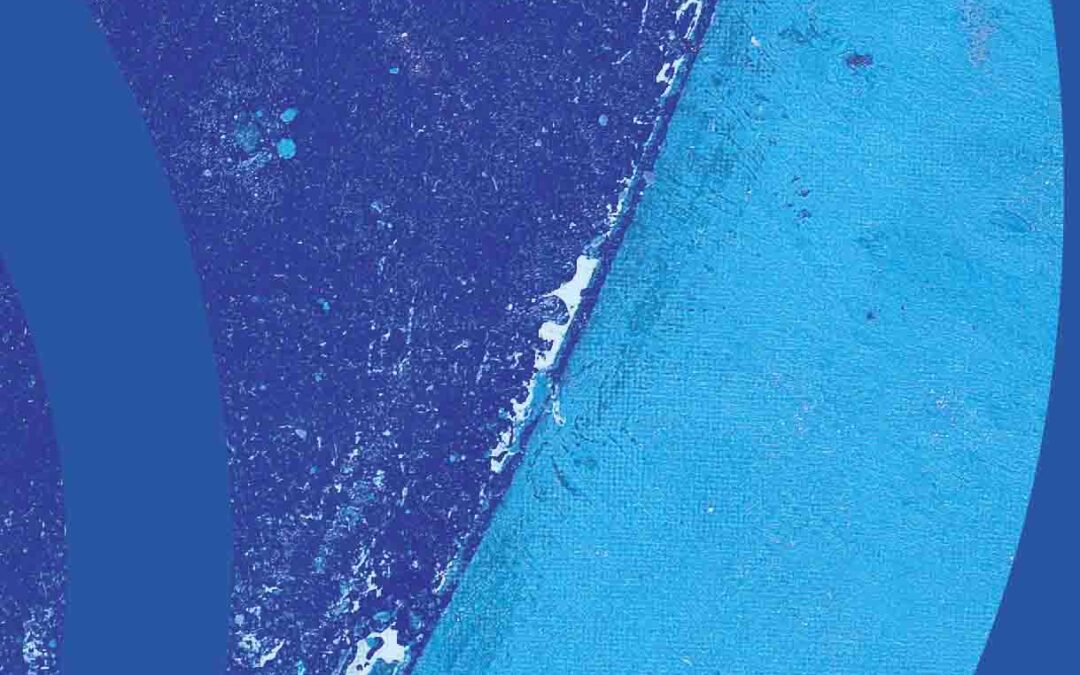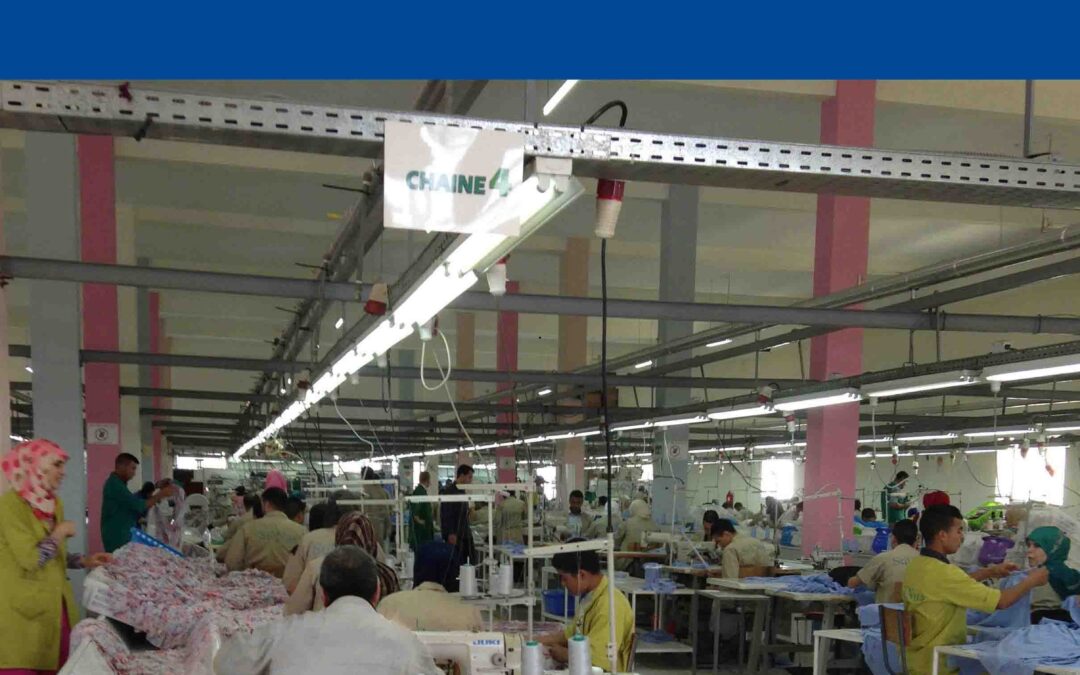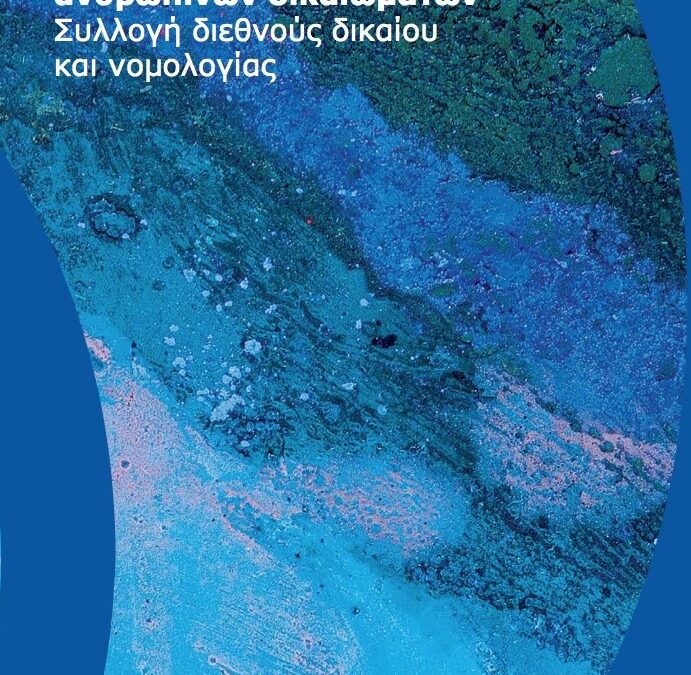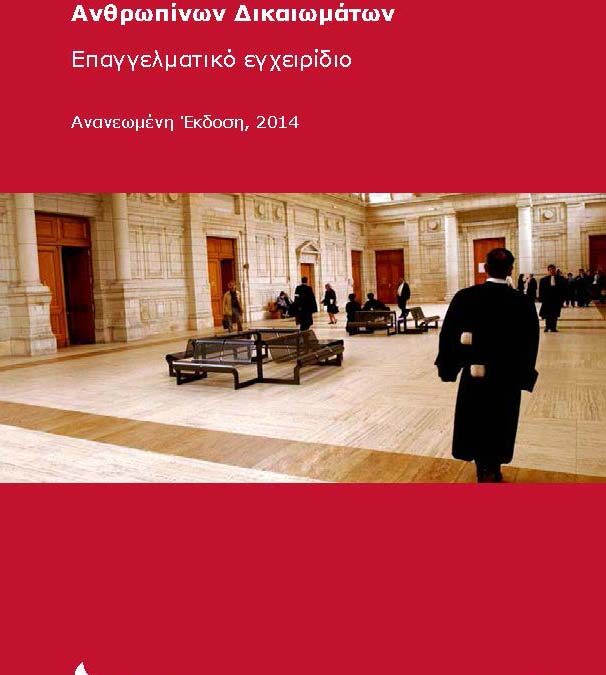
Jan 7, 2015
El presente comentario jurídico se refiere al artículo 378 del Código Penal guatemalteco, cuyo epígrafe le denomina “delitos contra los deberes de humanidad”.
En este texto se lee: “Quien violare o infringiere deberes humanitarios, leyes o convenios con respecto a prisioneros o rehenes de guerra, heridos durante acciones bélicas, o que cometiere cualquier acto inhumano contra población civil, o contra hospitales o lugares destinados a heridos será sancionado con prisión de veinte a treinta años”.
De la lectura de este artículo, podría interpretarse de forma literal que tipifica los crímenes de guerra.
Sin embargo, la redacción es un poco desafortunada por ambigua, para determinar si el mismo artículo incluye también el tipo penal de delitos contra la humanidad o de lesa humanidad.
Por lo que en la presente investigación se buscarán los fundamentos jurídicos, históricos y jurisprudenciales que permitan dilucidar si los delitos de lesa humanidad se encuentran regulados en el artículo 378 del Código Penal guatemalteco; y, en consecuencia, mediante este comentario jurídico, se determinará el alcance jurídico de dicho artículo, a la luz del Derecho Internacional y de los principios y costumbre internacional.
Este documento fue producto de una serie de talleres y conversatorios implementados por la Comisión Internacional de Juristas para Centroamérica, con jueces y magistrados del Organismo Judicial, fiscales del Ministerio Público de Guatemala y abogadas y abogados defensores de derechos humanos.
Esta edición se realizó con la ayuda financiera del Programa de Acompañamiento a la Justicia de Transición (PAJUST) del Programa de las Naciones Unidas para el Desarrollo (PNUD) y de Medico International (MI).
Guatemala-Comentario Juridico articulo 378 CP-Publications-Reports-2014-SPA (descargar en PDF)

Oct 9, 2014
La CIJ a publié aujourd’hui un nouveau rapport sur les régimes économiques spéciaux et leur impact sur les droits sociaux au Maroc.
Sont concernés notamment les droits à la terre et à l’eau et la sécurité sociale et de l’emploi.
Les régimes économiques spéciaux ont pour but de faciliter les exportations et les investissements dans des domaines comme l’agriculture et le textile.
Cette étude est l’aboutissement d’un projet conduit au Maroc et au Pérou.
Morocco-Droits sociaux et regimes speciaux-Publications-thematic report-2014-FRE (télécharger le rapport en français, PDF)

Sep 25, 2014
El 23 y 24 de septiembre, en Lima (Perú), la Comisión Internacional de Juristas y el Equipo Peruano de Antropología Forense (EPAF) realizaron un seminario sobre la impunidad y las graves violaciones a los derechos humanos.
Con ocasión a este Seminario la CIJ hizo el lanzamiento de su nueva Guía para profesionales No. 7 “Derecho internacional y lucha contra la impunidad”.
El Seminario abordó, desde la perspectiva del Derecho internacional, diferentes aspectos de la cuestión de la impunidad en materia de graves violaciones a los derechos humanos y crímenes internacionales, de relevancia para el Perú.
Para ello, el Seminario contó con la participación, entre otros, de Robert K. Goldman (Vicepresidente de la CIJ), César Landa (Comisionado peruano de la CIJ), Wilder Tayler (Secretario General de la CIJ) y José Pablo Baraybar (Director del EPAF). Al evento asistieron magistrados, jueces, fiscales, representantes de la Defensoría del Pueblo, miembros de las organizaciones no gubernamentales de derechos humanos y de asociaciones de víctimas, representantes de la comunidad diplomática y periodistas.
Universal-Lucha contra la Impunidad PG7-Publications-Practitioners’ guide series-2014-SPA (descargar el pdf)

Sep 15, 2014
The ICJ published today a collection of international case-law extracts on migration and international human rights law in Greek.

Sep 4, 2014
Today, the ICJ published the Greek translation of its Practitioners’ Guide n°6 on migration and international human rights law.
The Practitioners Guide analyses the protection afforded to migrants by international law and the means to implement it at national and international levels.
The Guide synthesizes and clarifies international standards on key issues, in particular:
- the rights and procedures connected to the way migrants enter a country and their status in the country of destination;
- human rights and refugee law constraints on expulsion;
- the human rights and refugee law rights linked to expulsion procedures;
- the rights and guarantees for administrative detention of migrants;
- rights connected to work and labour;
- and rights to education, to the highest attainable standard of health, to adequate housing, to water, to food, and to social security.
migration and international human rights law-practitioners guide-2014-greek (Guide in Greek – PDF)









